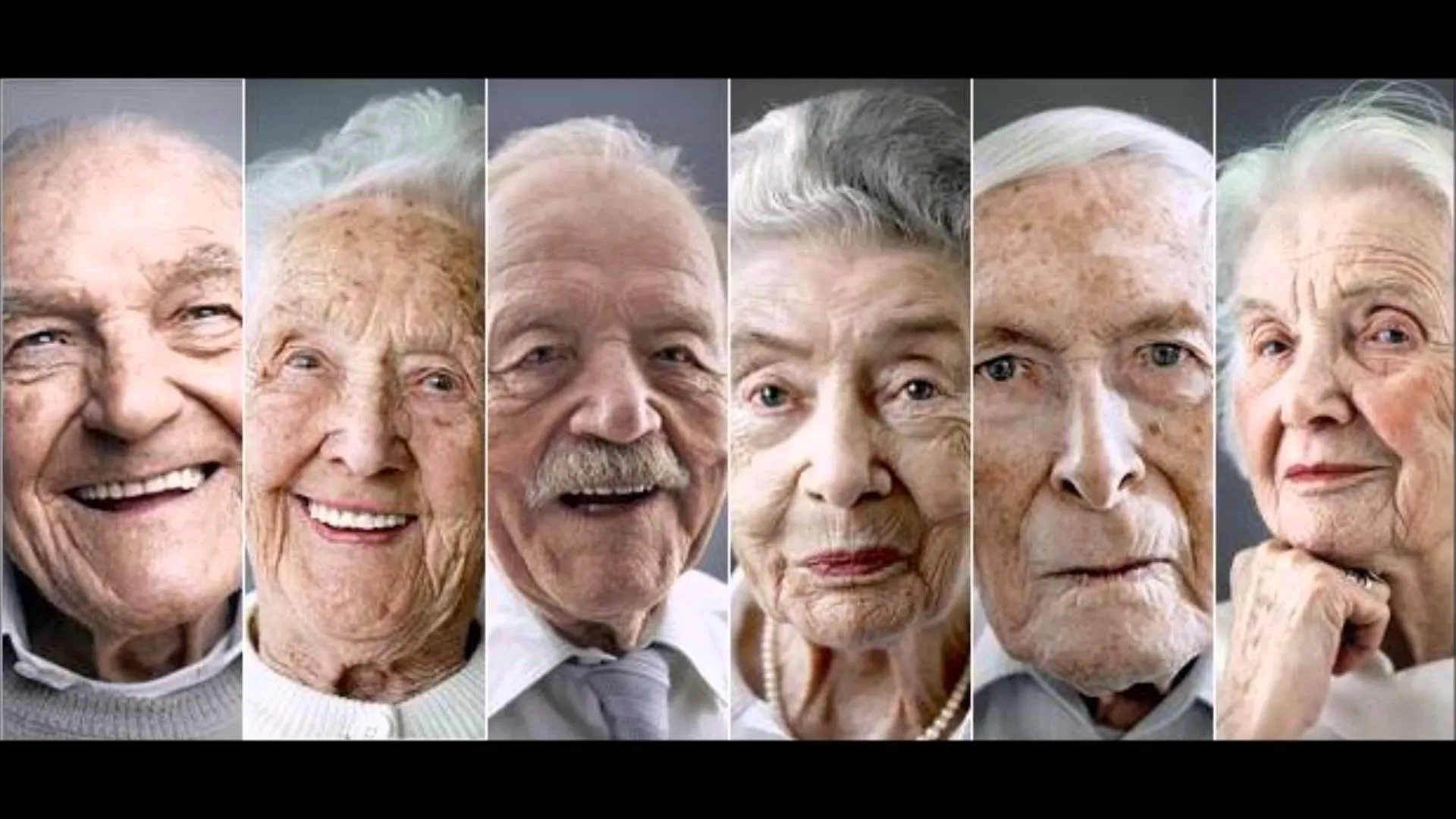
Diabetes at the end of life
Diabetes mellitus, due to its nature of chronic disease, accompanies us, from its installation to the end of our lives.She is an inseparable companion of many vital events (growth, biological changes, achievements, frustrations, diseases, joys ...).
As a diabetic patient is gaining knowledge of the disease and the response of his own organism, he adopts adaptation measures and behaviors.For example, you will know what dose of insulin apply when facing a festive dinner or the type of collation that you will have to consume before and after playing a game of your favorite sport, or the most appropriate way to balance your diet.
Similarly, we have to keep in mind that when the end of life approaching, when the resources of palliative medicine begin to apply, diabetes will require special considerations.
issues to be considered in the final stages of life
In the first place, and as is easily understandable, the objectives will cease to be the prevention of long -term complications and the priorities will be to avoid or minimize the symptoms of hypoglycemia or marked hyperglycemia, which can worsen the quality of life of life ofPatients.
In the presence of type 1 diabetes (or insulin -dependent) doctors will opt for the use of a prolonged action insulin, whose action transcurra without dangerous peaks that may cause hypoglycemia, but maintaining a constant level of circulating insulin.Thus, dehydration and vomiting, typical of diabetic decompensation will be avoided.
In the case of type 2 diabetics, as long as they are in a position to swallow, it can continue to have the use of oral hypoglycemic (a less puncture ...) in the event that they do not need insulin, that is, if they are not "Insulinorrequientes ”.
In other situations, the use of corticosteroids or the pictures of important infections can cause oral antidiabetics not to be effective enough and is unfailingly required of insulin application.If the patient rejects the food, it can be considered to set aside the tablets and resort to insulin, but only to correct possible hyperglycemia peaks.
Other important considerations should be done in relation to the diet.It is not necessary to continue with such strict measures but the food must adapt to the symptoms, tolerance and appetite, which are usually reduced in these stages.
Something similar is suggested to patients and their relatives in relation to self -control or glucose monitoring.This procedure, so recommended in the life of the diabetic, at this stage it must be used in a limited way: for example, it can be limited exclusively to detect the existence of hypoglycemia or the presence of polydipsia and polyuria, which could indicate important deviations at the glycemic level.
Finally, remember that even the best controlled diabetic throughout his life can suffer oscillations at that time.The use of corticosteroids can raise blood sugar values and, in reverse, weight loss, appetite and the eventual installation of renal failure can lead to reducing or suppressing the dose of oral hypoglycemic or insulin.
At this stage of life it is important to consider the patient as an individual with special needs that require being covered, beyond the usual criteria that his chronic diseases imposed on other occasions.
Digital Medical Editor.
12/11/2007 11:28 a.m.